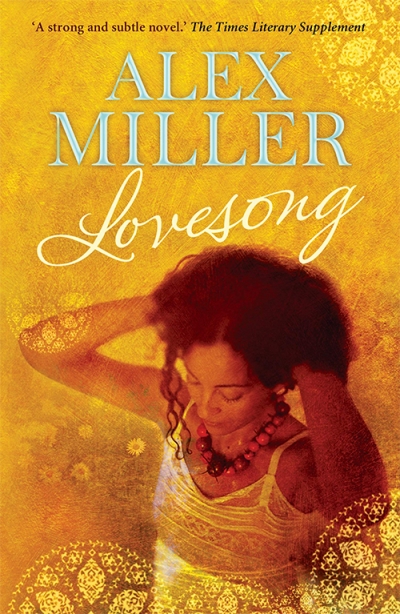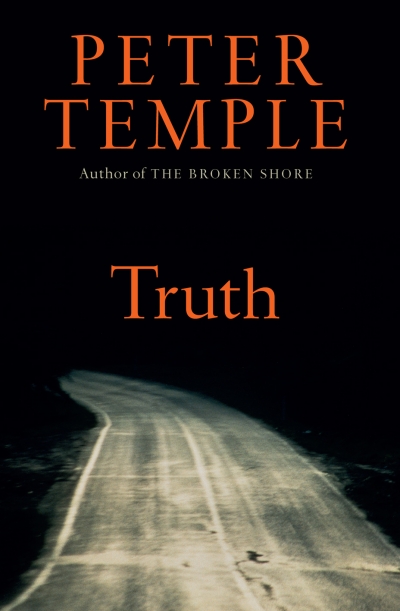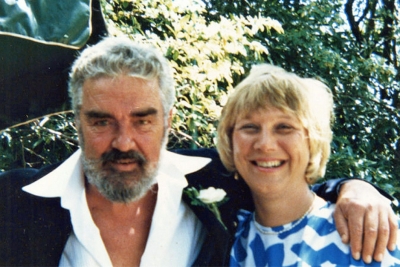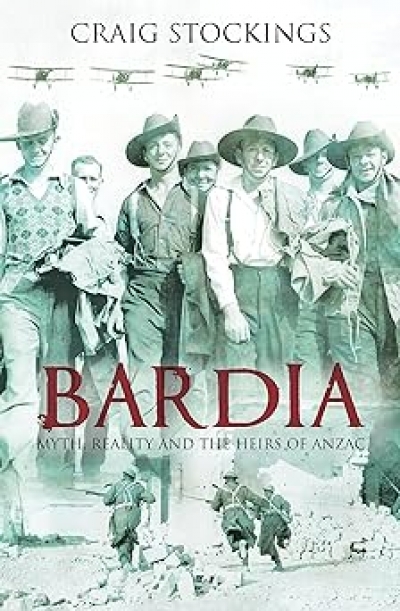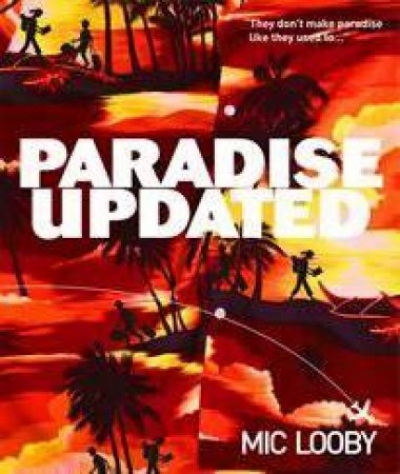Archive
My office! My office at the Judy! The Judy
at the head of Fortitude Valley – Happy Valley! –
the ex-tea and -coffee warehouse, but reformed, reformed!
The industrial brick carcass full of arty bees,
sphinx of a building couchant on the crest of the hill,
the infra-red elevator mysteriously redolent of cloves,
restaurant smuggled into one corner, café in another,
and the whole dipped in chocolate and tile.
Where the mind comes from,
where it goes,
when the moon rose,
where among the stars the light was seen
as you were born:
if it glistened in the tracks
stamped on leaves across the park
where we walked the early afternoon, alert,
listening up,
hearing how the plovers
pipe back and forth across the grass …
Only the young can wholeheartedly love ancient music.
It is fancy-dress, sound pared to its bones
As if the naughty flesh were simply the prop
for the idea of fabulous costumes, or sackcloth and ashes
Such as we never dream of today.
A year ago, I came to Australia prepared to spend the first half of my sabbatical leave completing a book on John Keats. Never having been to Australia, I was eager to spend some time here: five months in all. When I participated in the 2008 Mildura Writers Festival, it became clear to me that something both delightful and extraordinary was at work. There was a fine group of writers, including Les Murray, David Malouf, Alice Pung, Alex Miller, Sarah Day, and Anthony Lawrence. But what made the festival remarkable was the combination of conviviality and serious talk about literature and ideas that surpassed anything in my previous experience, which included far more such events than I could begin to count.
... (read more)Kenneth Cook was always a little surprised by the success of Wake in Fright. He dismissed it as a young man’s novel, as indeed it was; he published it in 1961, when he was thirty-two. Among his sixteen other works of fiction he was prouder of Tuna (1967), a partial reimagining of Hemingway’s The Old Man and the Sea set off the coast of South Australia, and The Man Underground (1977), which dealt with opal mining. Perhaps he preferred them because he had enjoyed the research involved. It is true that both are better crafted, more assured, than the novel that made his name. But he could never quite accept that Wake in Fright delineated grim truths about the bush and its inhabitants that his other novels do not capture.
... (read more)The ABR FAN Poll
Film-makers are forever squabbling over the Top Ten films of all time – a kind of Raging Bullfight – and the symphonists had their sonorous say recently, when ABC Classic FM invited listeners to nominate their classic 100 symphonies. So we thought it might be fun – instructive too – to poll our readers with regard to their Favourite Australian Novel.
... (read more)
